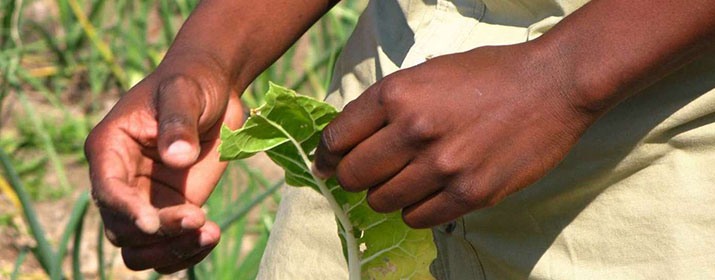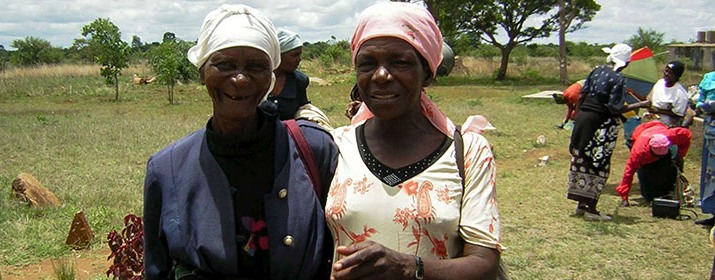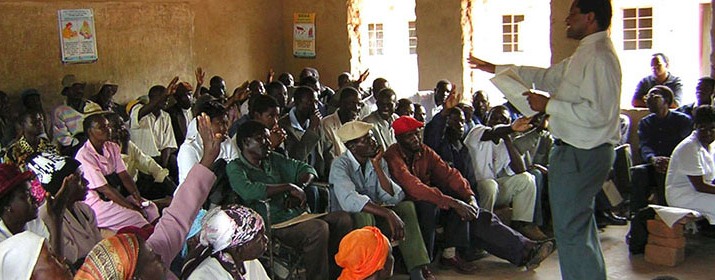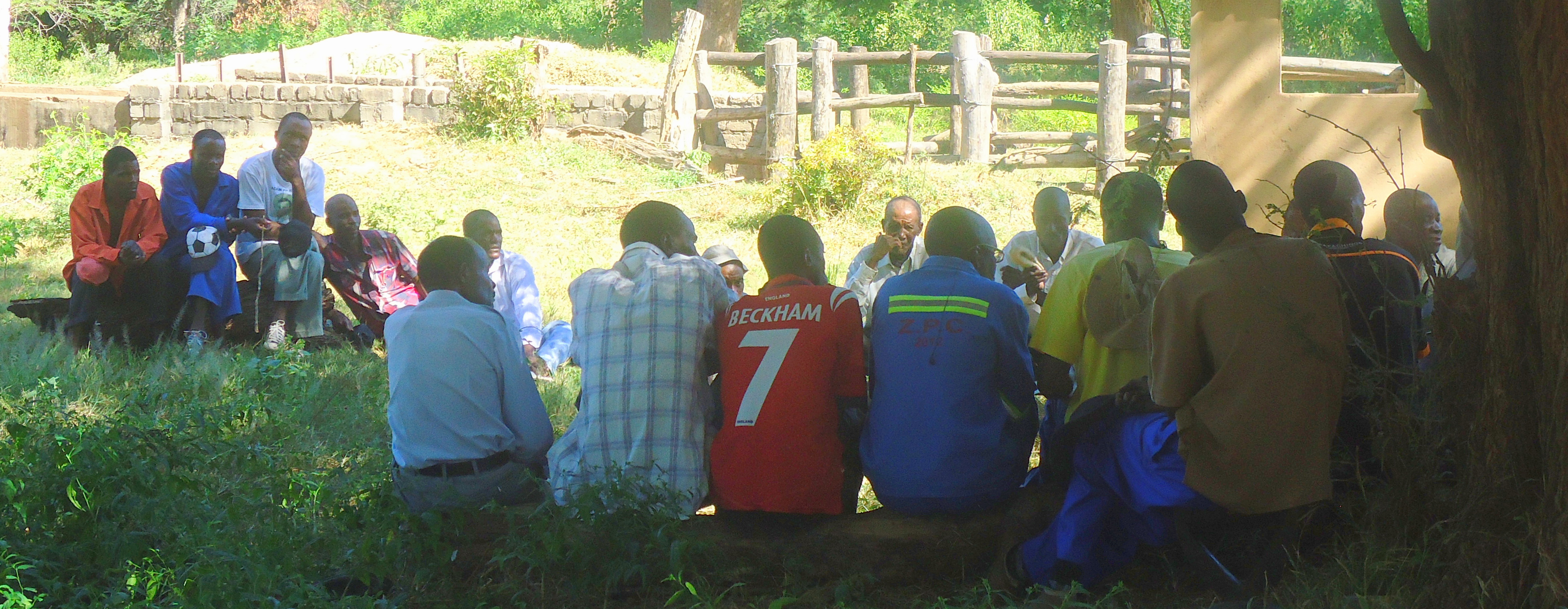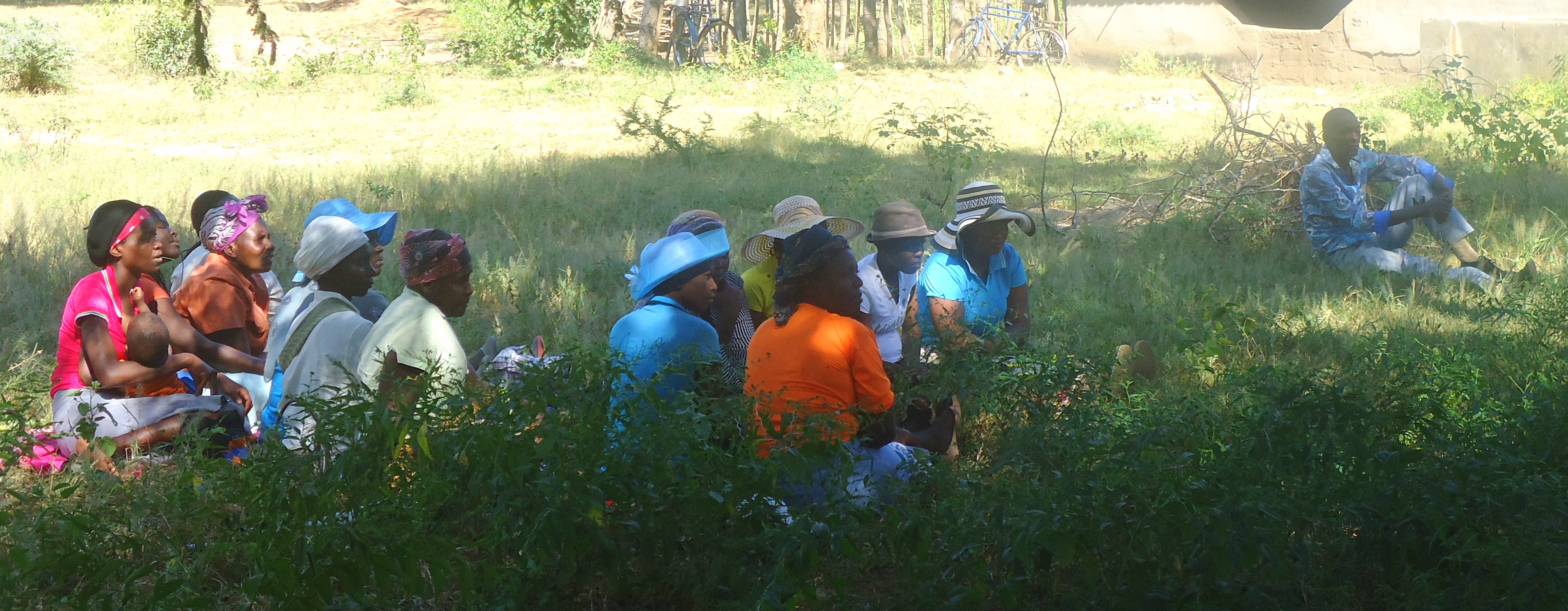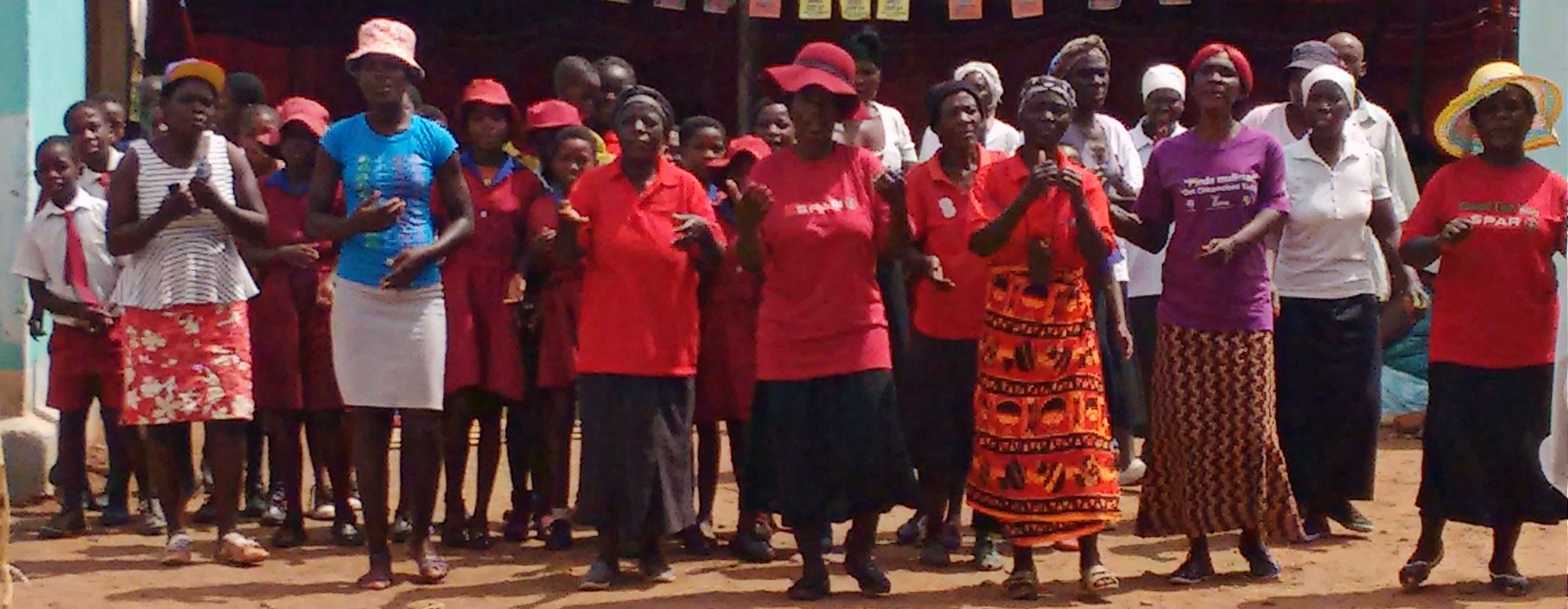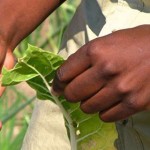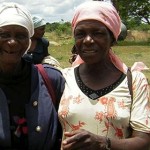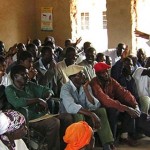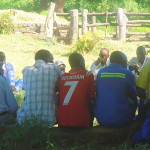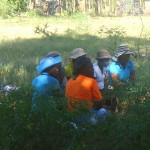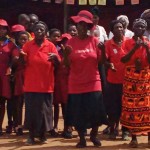The districts of Hwange and Binga are located in the region of Matabeleland North, where more than 80% of the rural population lives below the poverty line. In these areas, food insecurity threatens the everyday life of the whole community: it is not only about limited or nonexistent to access to food, but a complex context in which malnutrition feeds a vicious cycle made of poor diet, lack of incomes to diversify the diet, need to find immediate solutions to feed the family and consequent involvement in activities, often negative, to supplement the income.
In Hwange and Binga, crops and livestock management were reduced to subsistence, and this mismanagement has caused soil and water deterioration. The need for economic revenue has pushed risky mechanisms, such as cross-border trade and prostitution, and diseases such as HIV / AIDS spread reducing the number of people able to work in fields.
Along with Lead Trust and Lubancho House, two local organizations working in agricultural filed and supporting HIV/AIDS affected people, we started at the beginning of 2010 a program of low-cost diversification of livelihoods to enhance a sustainable food production and improve communities and vulnerable groups’ nutrition and living standards. Through the cultivation of gardens and the production and marketing of high nutritional value crops, we want to reduce dependence on food pantries and the risk of production of monocultures.
Small farmers are then trained on sustainable farming practices on crop diversification and development of drought-resistant seeds, that guarantee harvests of grains and legumes able to meet the community’s needs. For livestock, the project intervenes supporting families though management trainings. To increase the income-generating activities in the two districts, farmers and breeders are accompanied in the management of surplus production and helped entering the private markets.

